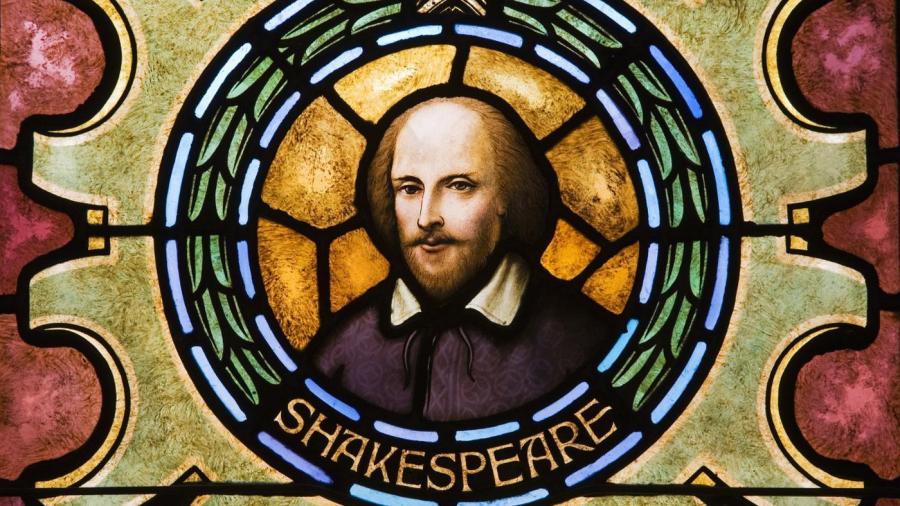How Did Shakespeare Influence the Renaissance?

Shakespeare influenced the Renaissance by standardizing the English language and expanding its vocabulary, deepening the humanity of the characters in his plays through emotional complexity and using elaborate references to Greek and Roman mythology in his writing. His attention to the intricacies of language, characterization and plot became an example to follow for future playwrights and other writers. All of this said, Shakespeare’s impact on the Renaissance cannot be understated.
When learning about Shakespeare’s time period, one may wonder what impact the Renaissance had on European society. That is, how did the Renaissance change man’s view of the world? Undoubtedly, new ways of thinking were linked to the art during Shakespeare’s time.
Impact of the Renaissance on Society
The Renaissance began in Italy in the 14th century, but, by the late 15th century, it had spread across Europe and reached England’s shores. Arguably, the movement reached its zenith during the Elizabethan era in the 16th century with many of its ideals being reflected in the art and drama created during the Renaissance period. So, how were Renaissance ideals reflected in the arts? Most notably, artists emphasized humanism and showed their appreciation for the classics, such as the works of the ancient Greeks. There was also greater attention paid to capturing the human form — and experience — in a more realistic way.
You might be wondering: how did William Shakespeare influence the Renaissance so deeply? After all, he’s just one writer. William Shakespeare’s plays contributed to renaissance culture by underscoring the notions of freedom and humanity. How else did Shakespeare impact the world at the time? He helped cement classical antiquity and mythology’s places in theater history by pulling themes, characters, and allusions into English drama.
What did William Shakespeare achieve outside of the Renaissance movement? Well, before Shakespeare’s time, the English language also didn’t have the complexity needed to express profundity adequately. Shakespeare created new words and expressions that enabled English to become a much more precise artistic instrument. His use of genres such as history, tragedy and comedy helped to hone the focus of theatrical production. Until Shakespeare’s plays, soliloquies had been used mainly as a means of conveying information, but Shakespeare internalized the monologues and caused them to bring out the emotional depth of his characters.
Ironically, the Renaissance freedom brought to the English theater by Shakespeare and other writers also brought about its temporary demise. When the Puritans took over the government after the First English Civil War, all forms of theater were banned as immoral until the restoration of the monarchy in the late 17th century.





